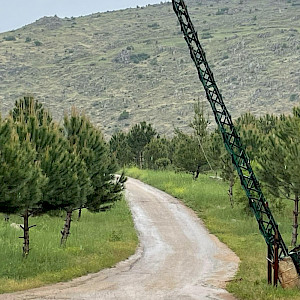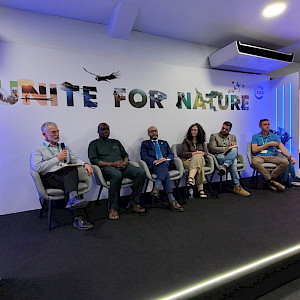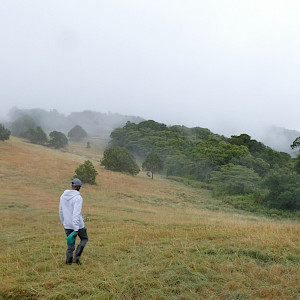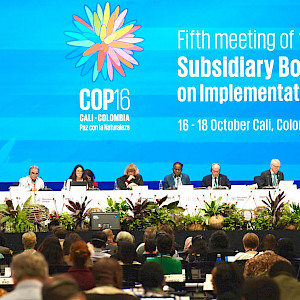(Vienna 17 June 2024) Forest landscape restoration (FLR) takes many forms and is a global priority to reverse forest loss and degradation. Humans are a central part of restoration and yet, human aspects are insufficiently included in forest restoration projects, as highlighted in a new report by IUFRO, WWF, SER and UNIL on the human dimensions of FLR.
"At their simplest, human dimensions of FLR are the activities that are necessary in the human system to enable restoration, such as negotiating long term objectives, resolving conflicts or carrying out multi-stakeholder consultations. But in addition, there are different underlying reasons that determine why people restore or indeed, destroy, forests. And there are many factors that influence why people might be more likely to support restoration or not", notes lead author, Dr. Stephanie Mansourian, external scientific collaborator with the University of Lausanne (UNIL). "Understanding and integrating these key human dimensions in the FLR process is critical to its success as demonstrated in this report."
The report brought together 11 social scientists and practitioners to explore why human dimensions are essential in FLR and other forms of restoration and how they can be better integrated into practice and policymaking. The authors also reviewed and summarized relevant guidance materials developed under other processes that can directly contribute to FLR.
Janice Burns from IUFRO notes that "the aim is to improve the ways in which FLR considers human dimensions in all stages of its implementation and to significantly strengthen the role of social science in restoration."
"As we seek to accelerate FLR globally, the role of people and human considerations more generally, at every step of the FLR process is paramount", says Anita Diederichsen, WWF lead on forest landscape restoration and chair of the Global Partnership on Forest Landscape Restoration (GPFLR).
Bethanie Walder, Executive Director, SER, emphasizes that "this is a valuable piece of the puzzle that contributes to ecosystem restoration more generally and aligns with our efforts to accelerate restoration globally as per the Kunming-Montreal Global Biodiversity Framework".
Going forward, it will be important for policymakers and practitioners to fully integrate human dimensions of FLR in their work and this report aims to support them in this process. The report will be presented at the XXVI IUFRO World Congress 2024 in Stockholm on 28 June 2024.
The results of this collaboration between IUFRO, WWF and SER is a contribution to the work of the Global Partnership on FLR (GPFLR) and marks an important milestone in the advancement of FLR.









